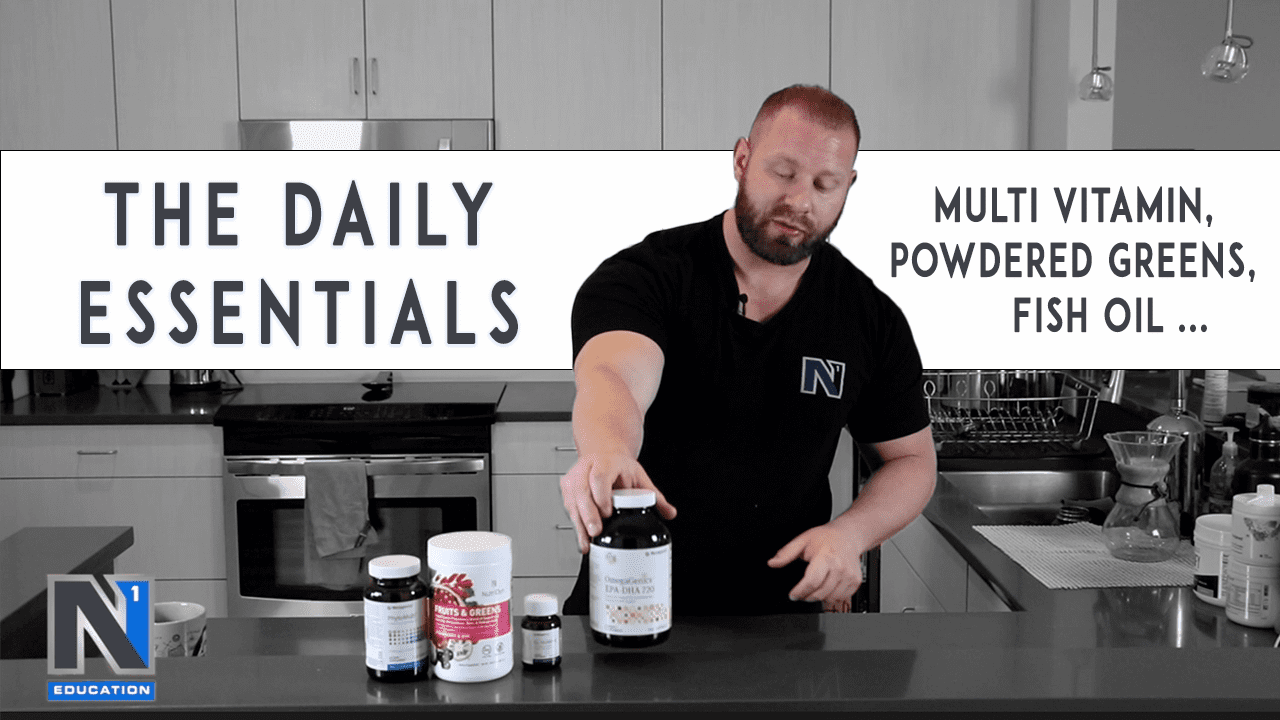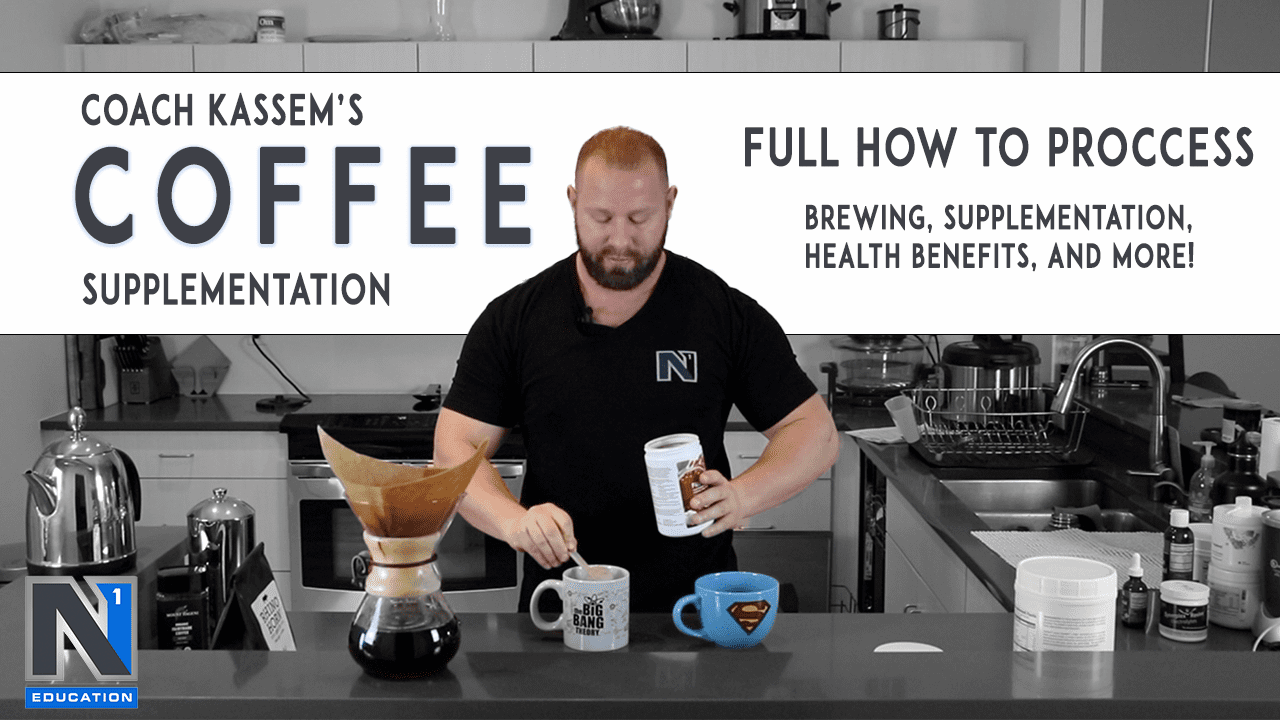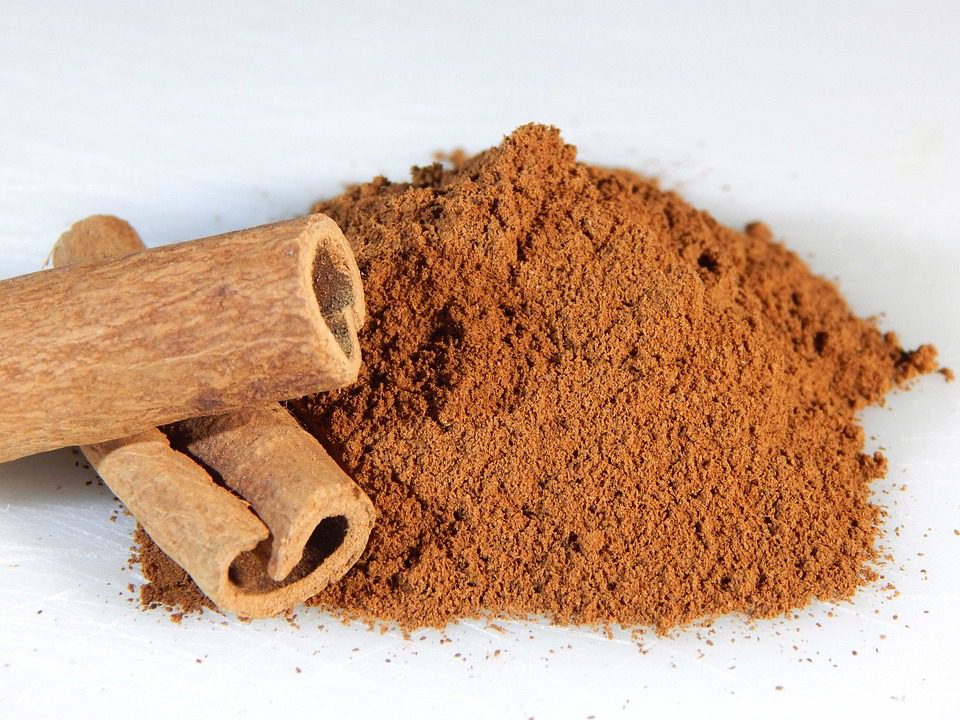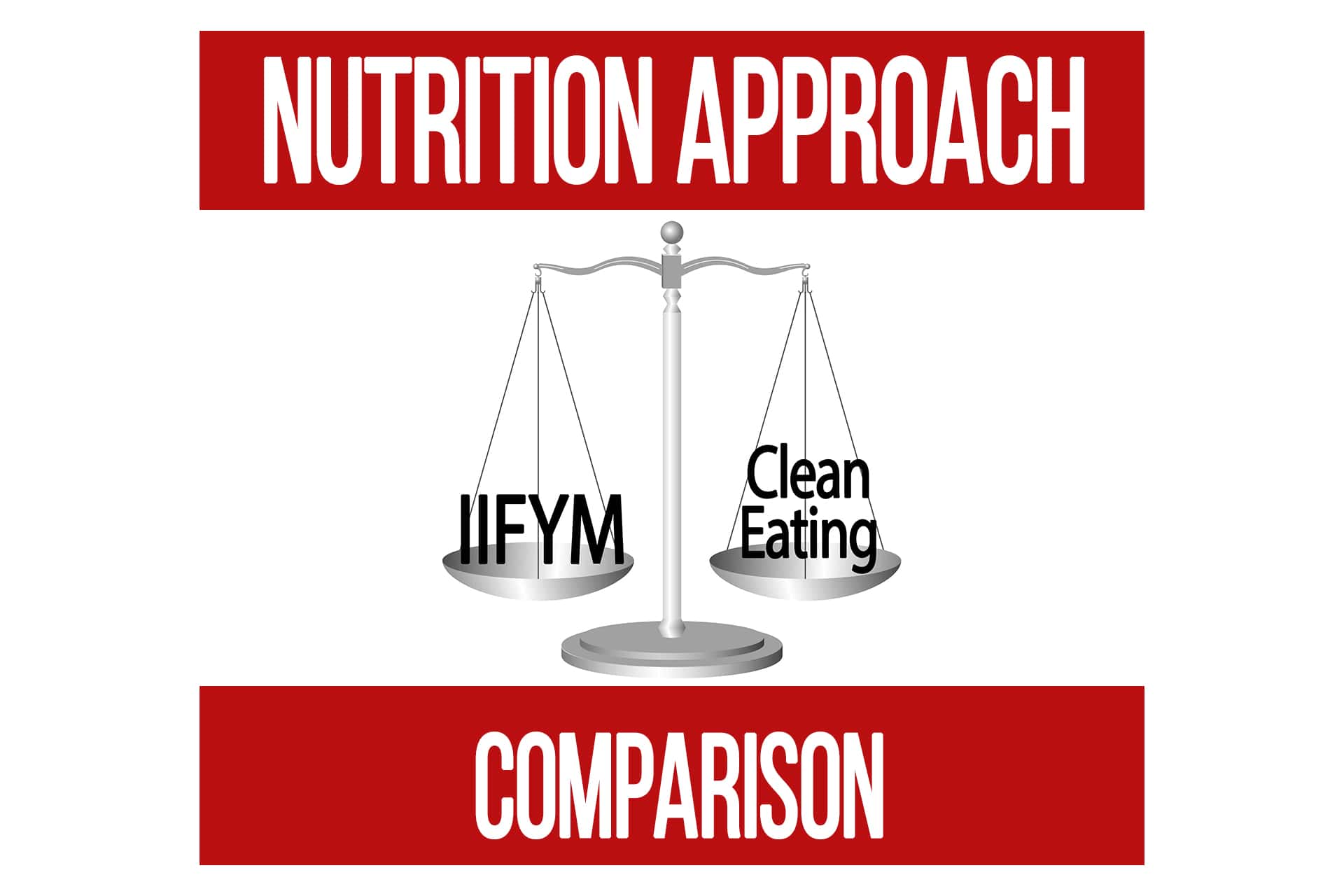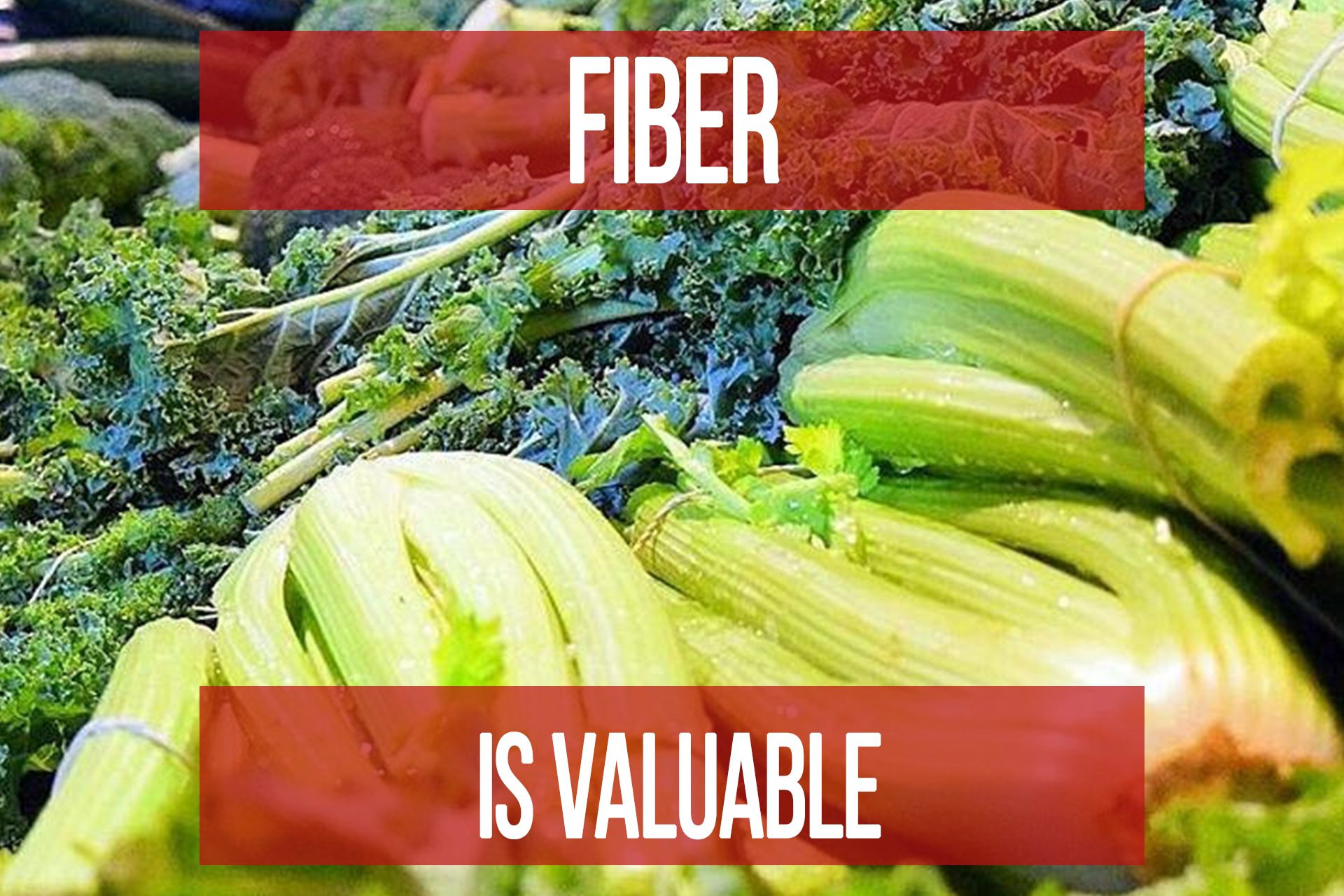Carb Load VS Cheat Meal
n1 training
Many times people confuse carb meals and cheat meals. While a cheat meal can be high in carbs, it can also be higher in other things. The purpose of a carb meal is to replenish glycogen levels, and stimulate insulin release to up-regulate metabolism. A cheat meal can also replenish glycogen and stimulate insulin, but its purpose is more mental and social than physiological.
The biggest difference nutritionally between a carb load meal and a cheat meal is that carb meals should consist of a high amount of carbohydrates, a moderate amount of protein, and little to no fat. In terms of maintaining insulin sensitivity and staying lean, having high amounts of carbs and fat together is a recipe for failure. When fats and insulin are high in the blood it leads to increased fat storage, and no fat burning. It can also drive fatty acids into the muscle cells which decreases the insulin sensitivity of those cells, making it harder for you to get glucose in those muscles later.
Many times people confuse carb meals and cheat meals. While a cheat meal can be high in carbs, it can also be higher in other things. The purpose of a carb meal is to replenish glycogen levels, and stimulate insulin release to up-regulate metabolism. A cheat meal can also replenish glycogen and stimulate insulin, but its purpose is more mental and social than physiological.
The biggest difference nutritionally between a carb load meal and a cheat meal is that carb meals should consist of a high amount of carbohydrates, a moderate amount of protein, and little to no fat. In terms of maintaining insulin sensitivity and staying lean, having high amounts of carbs and fat together is a recipe for failure. When fats and insulin are high in the blood it leads to increased fat storage, and no fat burning. It can also drive fatty acids into the muscle cells which decreases the insulin sensitivity of those cells, making it harder for you to get glucose in those muscles later.
Goals of a Carb Meal
When you are dieting, training hard, or both, you start depleting glycogen stores. As glycogen stores decrease your body will start to increase the percentage of protein and fat it uses for fuel. While increased fat metabolism is desirable, protein catabolism is not. The way to maximize fat loss while keeping muscle mass is to re-feed your body carbohydrates at the appropriate intervals, and appropriate times. While insulin is known as the fat storing hormone, it is also an upstream signaling hormone that helps regulate how active your metabolism is. Insulin spikes when nutrient intake is high (protein or carbohydrate mostly) and the bodies metabolic processes will speed up when it thinks it is being well nourished. Conversely during starvation diets, or when a person goes low carb for too long, the lack of insulin release can cause metabolism to slow down. This is the bodies natural defense mechanism against starvation.
To capitalize on the body composition benefits of depleting and replenishing glycogen levels and stimulating insulin you must take advantage of both periods of lower carb intake, and higher carb intake. The size and frequency of carb loading meals is dependent on your size, metabolic type and efficiency, training, goals, and body fat levels. The more you are worried about fat loss, the longer you probably need to take between carb meals, allowing yourself to dip into lower levels of glycogen and higher rates of fat loss. If you are trying to put on muscle while staying lean, then carb loads can be as frequent as every day. The time of the day is also important for getting the optimal hormone response.
Carb load meals can still come from clean foods. Organic rice, quinoa, fruit, maple syrup etc. You don’t have to consume highly-processed low-quality foods in order to get a carb load meal. That being said, people often make the mistake of trying to carb load with lower GI foods thinking it is healthier. If you are suppose to have a 100g carb meal, trying to do it with just sweet potato can be a challenge because of the sheer amount of food. So choose an carb dense food for higher carb loading meals. High glycemic carbs are ok when the goal is to get an insulin spike.
Summary: A carb load is designed to take replenish glycogen and stimulate insulin for maximum metabolism and anabolism on a frequency and intensity based on your goals and stats. It can and probably should be from a nutritionally sound food source.
Goals of a Cheat Meal
When you think of the work “cheat”. It implies bad or negative, and in this case, refers to foods (not on my diet). So when I tell people they can have a cheat meal and then they respond with, “OK, but how many carbs should it be?”, I shake my head. It’s a CHEAT MEAL, which means, eat freely.
It doesn’t have to be carelessly but it should be freely. I still recommend people respect their bodies and not put anything in that is going to cause more damage than the extra empty calories. For example if you know gluten or dairy makes you inflamed, or gives you headaches or nausea etc. It’s probably not even a good cheat food for you. Especially since there are now gluten/dairy free versions of all your favorite foods. My personal rules are no gluten, and no trans fats ever enter my diet. But will I occasionally dabble in some ice cream or gluten free pizza etc, sure.
Cheat meals are more for people’s sanity than their body composition. Yes you can get some of the same benefits as a carb load meal, but often times their are accompanying fats, preservatives, and junk in the food. Overall these foods tend to be lower in nutritional value. But I will repeat, the goal of a cheat meal is to give a person a mental break from dieting, to enjoy the things in life, a social gathering or whatever it may be.
Cheat meal frequency really depends on your goals as well. For the average person trying to get in shape, occasional cheat meals are ok; for a competitor 8 weeks out from a contest, forget about it. Anyone that has been on a diet knows that at times the diet can be a source of stress, and a break can be quite liberating. If you are stressing over eating clean food, you are still going to have a negative hormonal response because you are driving cortisol up with your mind! So have realistic goals and realistic expectations. Don’t be afraid to take a break for a meal when you need it, but also don’t view it as a reward or as a crutch.
You can earn carbs from good dieting and hard training. You don’t necessarily earn cheat meals, even though the better you are doing with nutrition and training outside the cheat meal, the less damage it is likely to cause to your body composition goals. The problem with viewing food as a reward system is people begin to make up any excuse possible to reward themselves and often become unrealistic about their reward system.
Summary: Cheat meals can be any combination of macronutrients, not just carbs, but you should avoid foods that you know don’t suit your body well. Cheats are not rewards, they are mental breaks from dieting so you can enjoy life.

Popular Pages
Learn & Train With Us
Add N1 Training to your Homescreen!

Please log in to access the menu.
